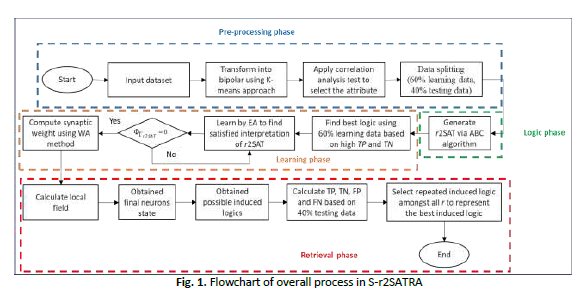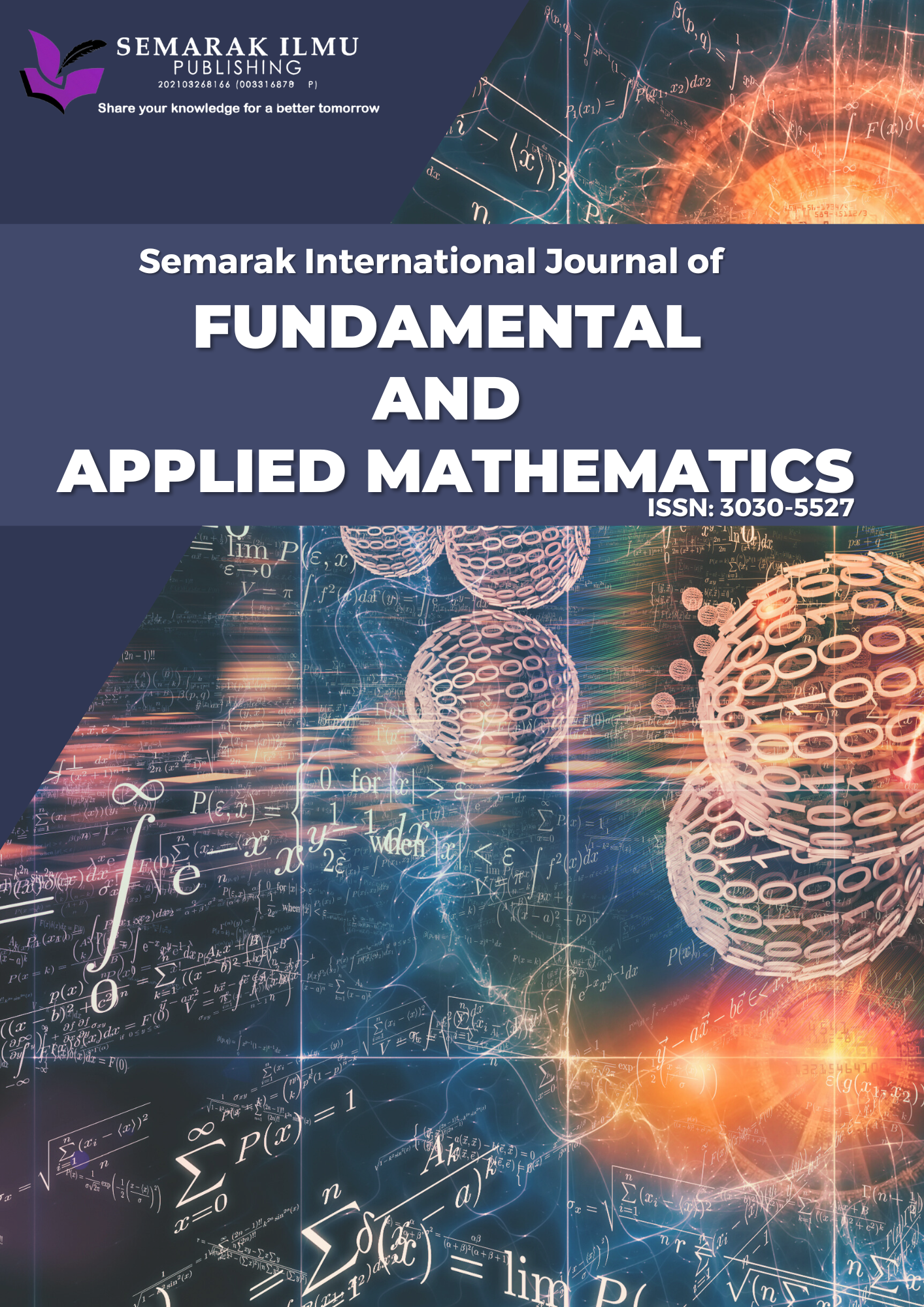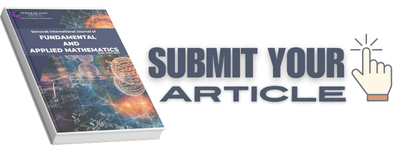Exploring Airline Passenger Satisfaction Behaviours Using a Supervised Reverse Analysis Logic Mining Model with Weighted Random 2-Satisfiability
DOI:
https://doi.org/10.37934/sijfam.6.1.6786Keywords:
Airline satisfaction, weighted random 2 satisfiability, discrete hopfield neural network, supervised logic mining, knowledge extractionAbstract
Passenger satisfaction plays a crucial role in the profitability and service quality of the airline and travel industries as it directly influences customer loyalty and overall business success. To maintain a competitive edge, airlines collect extensive amounts of customer feedback. However, identifying the most impactful factors remains a challenge, leading to inefficiencies in improving service quality. Traditional approaches struggle to extract meaningful patterns, making it essential to develop more effective analytical methods. To address this challenge, this study proposes artificial neural network through logic mining approach to provide knowledge extraction to analyze factors contribute to airline passenger satisfaction during in-flight services, focusing on enhancing both accuracy and interpretability. In this study, Weighted Random 2-satisfiability logic was used to represent the attributes and Discrete Hopfield Neural Network is employed as a computational model. The proposed model also implemented a statistical correlation test during the pre-processing phase to select optimal attributes. To improve the efficiency of the proposed model, the metaheuristic algorithm is introduced at two critical stages. In the logic phase, the Artificial Bee Colony algorithm is employed to ensures the optimal distribution of negative literals within the logical clauses while in the learning phase, Election algorithm is implemented to enhance the process of obtaining optimal synaptic weights. Experimental results show that the model performs strongly, achieving an Accuracy of 84.85% and a Specificity of 95.39%. In conclusion, the findings validate the effectiveness of the proposed logic mining model in extracting knowledge from airline passenger satisfaction data. By enhancing accuracy and interpretability, this approach serves as a valuable tool for airlines to refine service quality, make informed decisions, and enhance passenger satisfaction over time.









